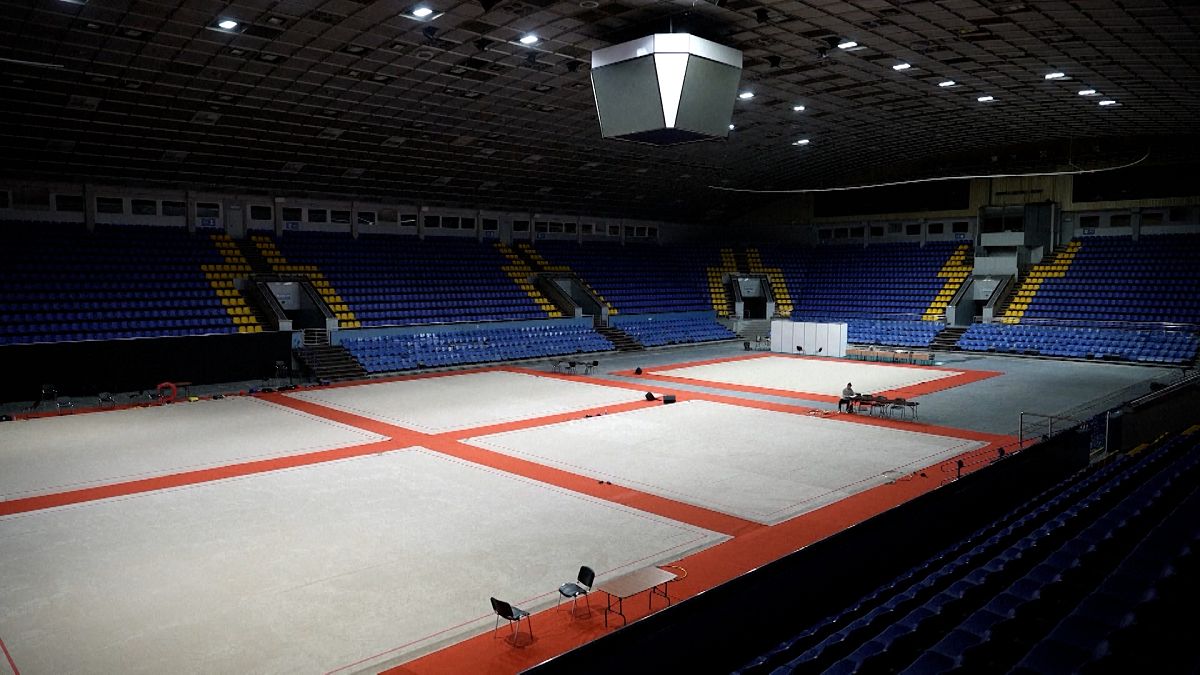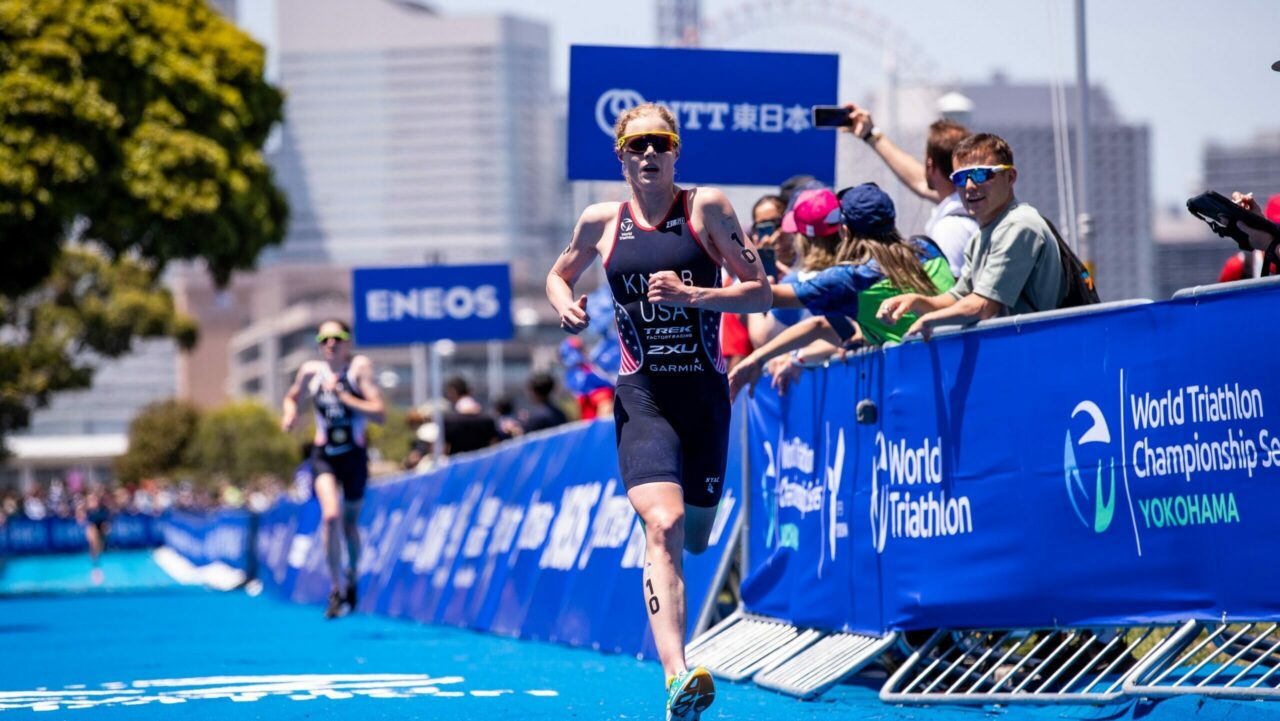War in Ukraine threatens Olympic future – but a young gymnast with amputation gives hope

Many of Ukraine’s most talented young athletes saw their dreams dashed as the war with Russia entered its third year.
When Oleksandra Paskal first stepped onto the gymnastics mat at the age of four, her coach Inga Kovalchuk saw great potential in a sport whose ultimate goal is the Olympic Games.
Then a Russian missile destroyed her house in Odessa, burying her under rubble and severing her left leg.
Now, at 8 years old, Oleksandra dreams of competing in the Paralympics. After just six months of rehabilitation following the attack, she was back in training. She radiated confidence, won her first competition a year after the blow, and has amassed a following well beyond the rhythmic gymnastics community.
Kovalchuk prides herself on her ability to spot future talent in the sport, but she says it is becoming increasingly clear that the Russian invasion of Ukraine is destroying a sporting culture that was one of the most powerful in Europe for decades.
“My main task today is not to achieve top performance in sports, but to preserve the mental and physical health of our children,” Kovalchuk said.
It takes a decade and a national infrastructure of training facilities, special schools, equipment and coaches to develop an Olympic champion – a process that begins in early childhood and results in most aspirants being weeded out long before the Games.
But according to the Ukrainian Ministry of Sports, more than 500 Sports facilities have been damaged or occupied by Russian troops since the large-scale invasion.
Young athletes no longer have the opportunity to train because their coaches have joined the army or fled abroad. Children who remain in Ukraine are often interrupted during training by air raid sirens that last for hours.
Because of the disaster caused by the conflict, some children may never discover their potential.
According to Veerle De Bosscher, professor of sports policy at Vrije University in Belgium, even if the war ended tomorrow, Ukrainian athletics could need a decade to recoup its losses.
Ukrainian boxer Maksym Halinichev won silver at the Youth Olympic Games in Buenos Aires in a fight described at the time as “two of the best young fighters in search of glory.” In an interview with the Ukrainian Boxing Federation in December 2021, he described three ambitions: to defeat the boxer who had prevented him from winning gold, to teach his daughter how to defend herself, and to win a medal for Ukraine at the Paris Olympics.
When asked if he had ever been afraid of a fight, he described his thoughts.
“Fear can affect people in different ways,” he said. “Some people are paralyzed by it. Others respond by feeling freer.”
“If you have control over yourself and your body and can direct yourself in the right direction, then the fear will subside.”
Unfortunately, Halinchev will not be able to demonstrate this philosophy at the Paris Olympics. He enlisted as a soldier for Ukraine and was killed at the front in March 2023 at the age of 22.
He is one of more than 400 athletes killed since the outbreak of the war.



